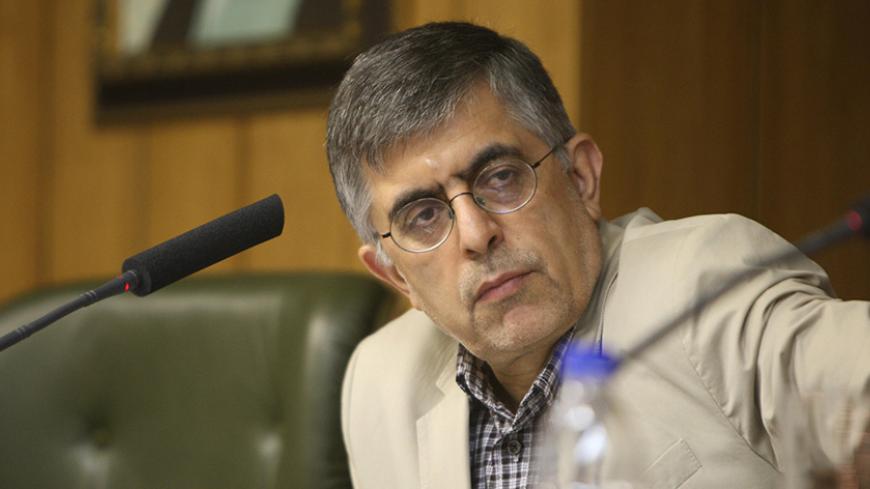Former Tehran Mayor and head of the Reformist Executives of Construction Party Gholam Hossein Karbaschi is under fire for doing what few of Iran's active or former politicians or even journalists do: criticize Iran’s approach to the seven-year Syrian civil war. During an April 29 speech in Esfahan province in support of President Hassan Rouhani’s re-election campaign, Karbaschi said, “We too want peace in Syria, Lebanon and Yemen, for the oppressed to be defended and the Shiites to be supported. But this cannot be done by giving money, buying arms and killing.”
On May 2, Karbaschi was indicted for “insulting the martyrs of the defenders of the shrine.” Iranian soldiers who fight in Syria are referred to as “defenders of the shrine,” in reference to the Shrine of Zeinab in Damascus. Ahmad Khosravi Vafa, Esfahan’s chief justice, said that Karbaschi will soon be summoned to court.



